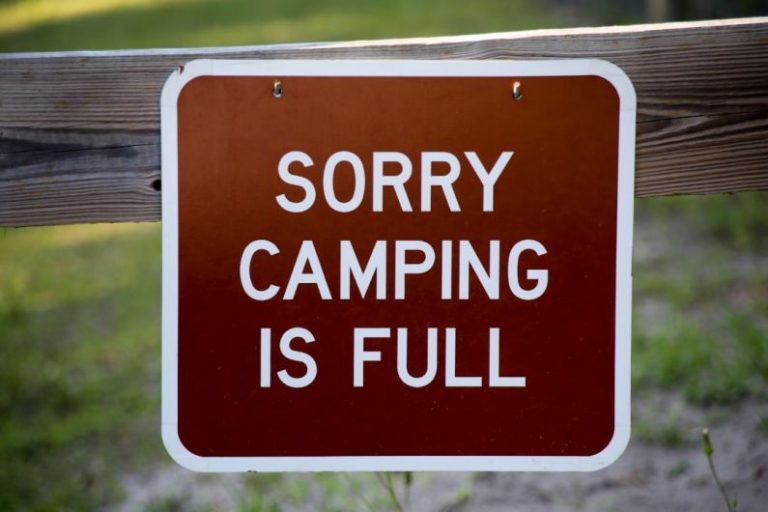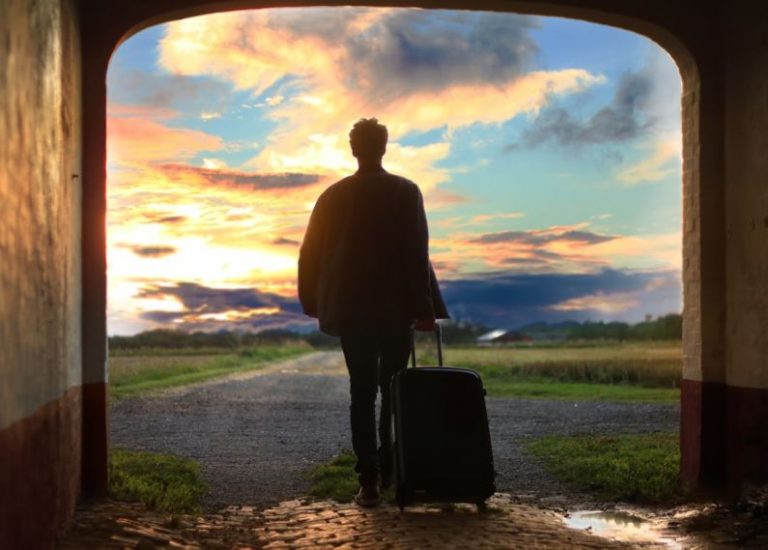The Future of Travel Post-pandemic
As the world gradually emerges from the grips of the pandemic, the future of travel stands at a pivotal crossroad. The global travel industry has experienced unprecedented challenges over the past year, causing a seismic shift in how people approach and engage in travel. From health and safety concerns to changing consumer behaviors, the post-pandemic landscape is set to reshape the way we explore the world. Let’s delve into the key trends and transformations that are likely to define the future of travel.
The Rise of Sustainable and Responsible Tourism
One of the most significant shifts in the post-pandemic travel industry is the growing emphasis on sustainable and responsible tourism practices. The pandemic has highlighted the impact of human activities on the environment, prompting travelers to seek more eco-friendly and ethical travel options. From reducing carbon footprints to supporting local communities, travelers are increasingly conscious of their impact on the destinations they visit. As a result, there is a rising demand for sustainable accommodations, eco-friendly transportation, and authentic cultural experiences that benefit the local economy.
Technology as a Game-Changer
The pandemic has accelerated the adoption of technology in the travel industry, transforming the way travelers plan and experience their trips. From contactless check-ins to digital health passports, technology is set to play a crucial role in ensuring a safe and seamless travel experience post-pandemic. Virtual reality tours, artificial intelligence-powered chatbots, and personalized travel recommendations are just a few examples of how technology is reshaping the travel landscape. As travelers become more tech-savvy, businesses will need to innovate and adapt to meet the evolving needs of the modern traveler.
The Era of Slow Travel
In a world that was once defined by fast-paced schedules and hectic itineraries, the concept of slow travel is gaining popularity in the post-pandemic era. Slow travel encourages travelers to immerse themselves in the local culture, savor authentic experiences, and forge meaningful connections with the places they visit. Rather than rushing from one tourist hotspot to another, slow travel encourages a more leisurely and mindful approach to exploring the world. This shift towards slower, more meaningful travel experiences reflects a growing desire to escape the hustle and bustle of modern life and reconnect with the essence of travel.
The Resurgence of Domestic and Outdoor Travel
The pandemic has reignited interest in domestic and outdoor travel, with travelers seeking out destinations closer to home and embracing nature-based experiences. As international travel restrictions and health concerns persist, domestic tourism is expected to thrive, offering travelers a chance to discover hidden gems in their own backyard. National parks, scenic drives, and outdoor activities such as hiking, camping, and wildlife watching are experiencing a surge in popularity as people look for safe and socially distant travel options. The post-pandemic era is likely to witness a renewed appreciation for the beauty of nature and the wonders of exploration in one’s own country.
Innovations in Accommodation and Transportation
The post-pandemic travel landscape is witnessing a wave of innovations in accommodation and transportation services to meet the changing needs of travelers. From the rise of remote work and digital nomadism to the growing popularity of alternative accommodations such as vacation rentals and boutique hotels, the traditional notions of travel are being redefined. Sustainable transportation options, including electric vehicles and bike-sharing services, are gaining traction as travelers prioritize eco-friendly and efficient modes of transportation. The future of travel post-pandemic is marked by a spirit of innovation and adaptability as businesses strive to meet the evolving demands of the modern traveler.
Embracing a New Era of Travel
As we navigate the uncertainties and challenges of the post-pandemic world, the future of travel holds both promise and potential for transformation. From sustainable practices and technological advancements to a renewed focus on local exploration and meaningful experiences, the travel industry is poised for a period of reinvention. As travelers seek out new horizons and embark on journeys of discovery, the essence of travel remains unchanged – a profound desire to explore, connect, and experience the beauty of the world around us. The future of travel post-pandemic is a blank canvas waiting to be filled with new adventures, experiences, and memories that will shape the way we explore and engage with the world for years to come. Let us embrace this new era of travel with open hearts and open minds, ready to embark on a journey of discovery and transformation.






